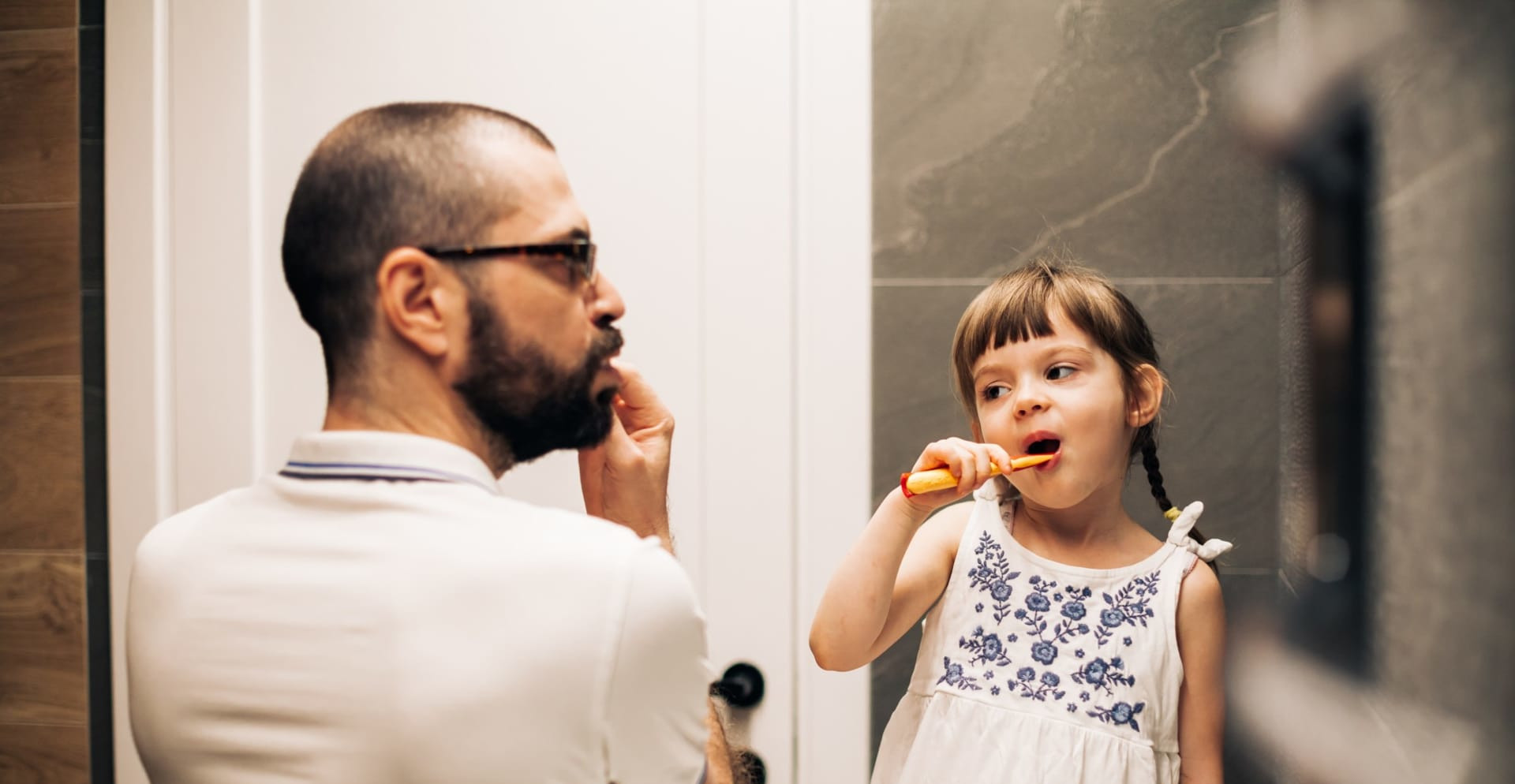While most of us clean our teeth regularly, everything from how we brush to the type of toothbrush we use all contribute to our oral health. Improper care can cause pain, wear down your enamel or even lead to more significant problems down the line.
Here are a few typical dental care mistakes patients make and how you can avoid them.
Using an Old Toothbrush
Toothbrushes generally last about three or so months. If you notice your toothbrush bristles are no longer standing upright or looking ragged, it’s time to get a new one. Once bristles begin to bend, they lose their effectiveness as they no longer make correct contact with your teeth and gums, and therefore are no longer effectively removing plaque and food particles.
Using a Toothbrush with the Wrong Bristles
While you may still be able to buy toothbrushes with medium or hard bristles, it’s generally accepted that you want to use a soft-bristled toothbrush on your teeth. More rigid bristles run the risk of damaging your enamel, which can lead to tooth decay and sensitivity and may also lead to the exposure of dentin – the yellow layer of tooth just under the enamel.
Using the Wrong Toothpaste
Everybody is different – and so are their teeth! For example, some of us have thinner enamel that predisposes us to abrasions or decay. Toothpaste that contains fluoride and calcium can help in that scenario. Others may have sensitivities to cold or hot temperatures. If you have questions about your toothpaste – and what would best work with your teeth, talk to your dentist or dental hygienist.
Brushing Too Roughly
While you may think that brushing harder will remove more stains and any plaque build-up, the truth is, you may be doing more harm than good. The surfaces of our teeth are covered with a delicate enamel that can be damaged or removed by brushing too harshly. If you are concerned that you may be brushing too hard, try investing in an electric toothbrush. With electric brushes, you have to rest the brush on your teeth gently and let it do the rest.
Avoiding Flossing
Flossing is crucial to ensure you’ve cleaned your entire tooth – not just the parts that are visible or easy to brush. By flossing, you are removing plaque, food particles, and bacteria from between your teeth, which, if left untouched, can lead to bad breath, cavities, gum infections, and even gingivitis.
Skipping Dental Visits
While our lives can get busy and overwhelming at times, it’s essential to make room for regular checkups. By having regular cleanings and checkups, you can ask questions and address problems before issues become more severe – or expensive.
Are you looking for a team dedicated to cosmetic or general dentistry? We provide a comfortable experience with results that will last. Contact us to book an appointment today!

